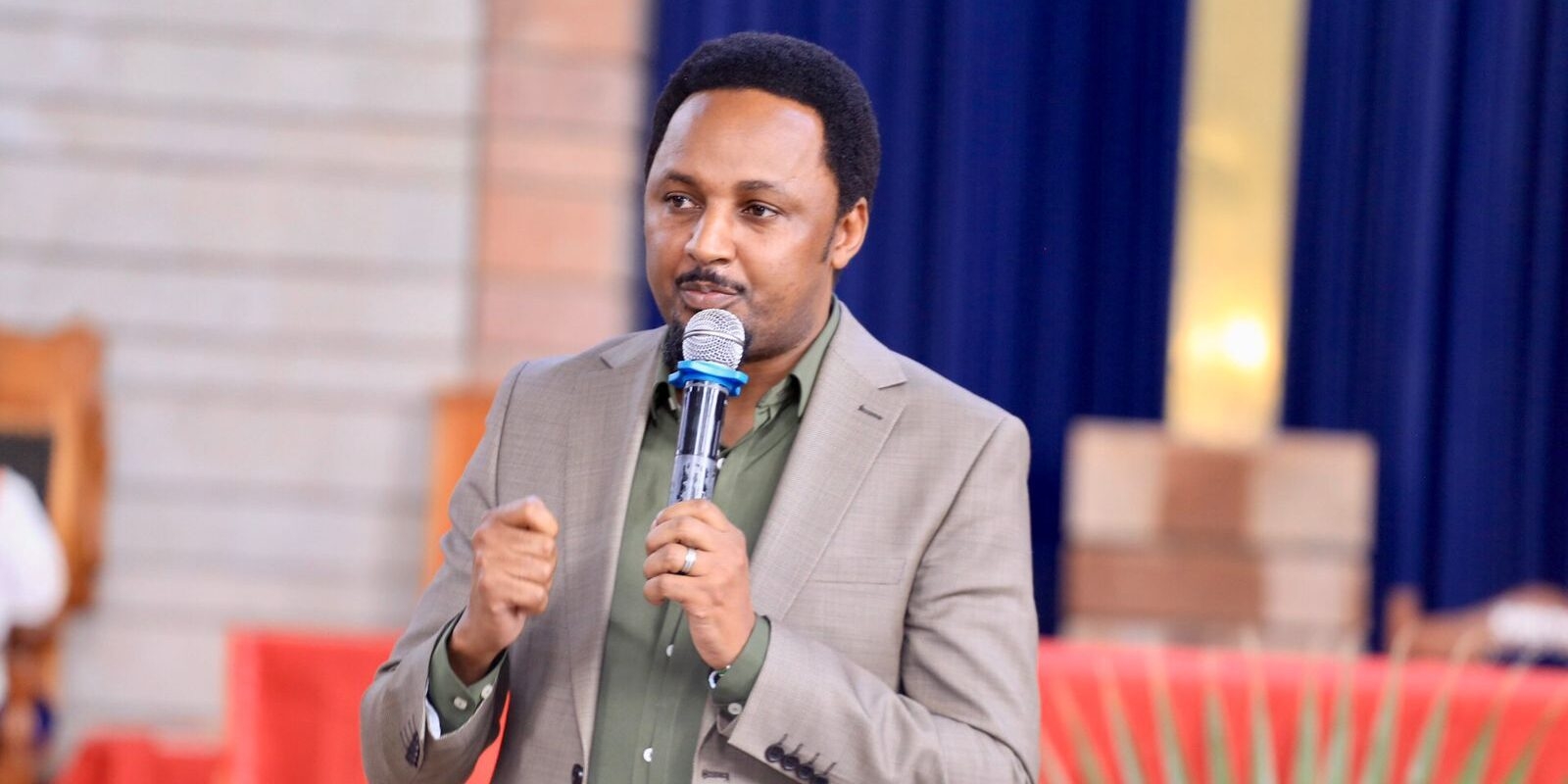Kiambu Senator Karungo wa Thang'wa has introduced a motion in the Senate to consolidate all bursary funds from national and county governments, directing them straight to schools to enhance free secondary education.
Highlighting disparities in educational access, Thang'wa aims to ensure that these funds are used effectively to support free secondary education for every Kenyan child.
“The educational landscape in Kenya is riddled with obstacles. Many bright students have been sidelined due to inefficiencies and lack of transparency in the allocation of bursary funds. This motion marks a significant leap towards fairness and equitable access to education. We must ensure that education is a right, not a privilege,” Thang'wa said.
In the interest of transparency and accountability, Thang'wa highlighted Article 53 of the Kenyan Constitution, which guarantees every child the right to free and compulsory basic education.
He also pointed to Section 4 of the Basic Education Act, which emphasizes that educational access must be equitable for all youth, regardless of their socio-economic status.
Despite these legal provisions, the senator expressed concern over the ongoing challenges faced by students from financially disadvantaged backgrounds in obtaining access to secondary and higher education.
“Countless students, full of potential, cannot pursue their dreams simply because their families are unable to afford school fees," he said, emphasizing the dire need for reform.
The senator said that shortcomings of the current system stem from several bursary initiatives, including those under the National Government Constituency Development Funds, the National Government Affirmative Action Fund, and various county programmes.
Thang'wa highlighted that nepotism, favouritism, and political manipulation in the bursary allocation process exacerbate the situation, further marginalising deserving students.
“In the financial year 2024-25, approximately Sh656 billion has been allocated to the education sector, yet there remains ambiguity regarding how much of this funding helps individual students," Thang'wa said.
"The complexity of navigating multiple funding sources without transparency ends up being a significant barrier for those it is meant to assist.”
In response to these concerns, Thang'wa urges that the Ministry of Education needs to conduct an audit of bursary funds from both national and county governments.
He proposes consolidating funds distributed by various agencies for direct allocation to schools, serving as supplementary capitation to support the goal of free secondary education.
Furthermore, he advocates for a comprehensive calculation of educational costs per learner, emphasizing the need for this financial information to be made publicly available.
This transparency would enable parents and students to plan for their educational journeys effectively.
“Education should not be a privilege reserved for the wealthy; every child deserves the opportunity to learn and grow. This motion is a commitment to eliminate the barriers that prevent bright minds from accessing quality education," Thang'wa said.











